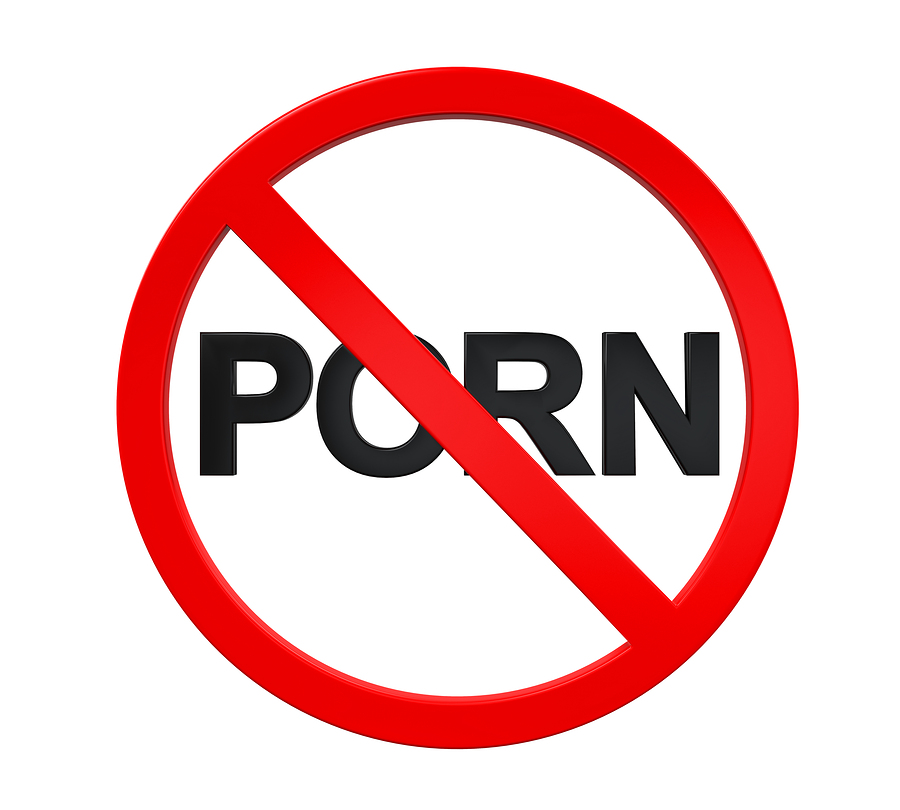
Pornography has never been easier to access. It is literally at our fingertips through our phones, tablets, computers, and television. And many in our community struggle immensely with it.
Pornography addictions have two key components. The first component is connections that develop in the brain that can push a person to look at sexually explicit material. These connections become so powerful that it becomes extremely difficult for a person to manage. Family members, friends, or even well-meaning religious leaders might counsel a person to just stop – like it is somehow as easy as turning off the alarm clock. But that is almost impossible for some. The brain connections are so powerful with pornography that white knuckling it will often not be enough. This misunderstanding too often leads those who struggle with an addiction to shame and secrecy, neither of which will help them overcome the struggle.
We need to be non-judgmental with anyone who struggles with this and instead show love and compassion. No one will seek help from someone who judges them. Rather, they need to feel safe being vulnerable. Only when a person feels safe will they open up to another for help.
The second component is the common connection between pornography addictions and mental health. Engaging in any addiction-related behavior (e.g. pornography, drugs, excessive eating) is often a means of self-medicating or servicing some other need. Therefore, so many who only go to twelve-step addiction recovery groups or just try to will their way out of it will too often fail at overcoming the addiction. Frequently depression, anxiety, bipolar struggles, or stress are causal issues that will drive the brain to pornography use. The use becomes a coping mechanism.
If you struggle to relate to this, think of a time you had a cookie, chocolate, or some other treat because you had a stressful day, were feeling down, or because you deserved it. In that moment the food was a self-medicating behavior – it was servicing something. Addressing the stress or the causes of feeling down will do more to keep you from eating the treat than fruitlessly committing to never having a treat again in your life.
A key to addressing mental health is to seek assistance from licensed counselors and/or a physician who may have medications that can help underlying mental health issues. Treating those issues will make efforts to manage the brain dependence much more likely to be successful.
If you or someone you care for is struggling, find a competent mental health professional or physician to address potential mental health contributors and to offer individualized recommendations to address brain dependence.
